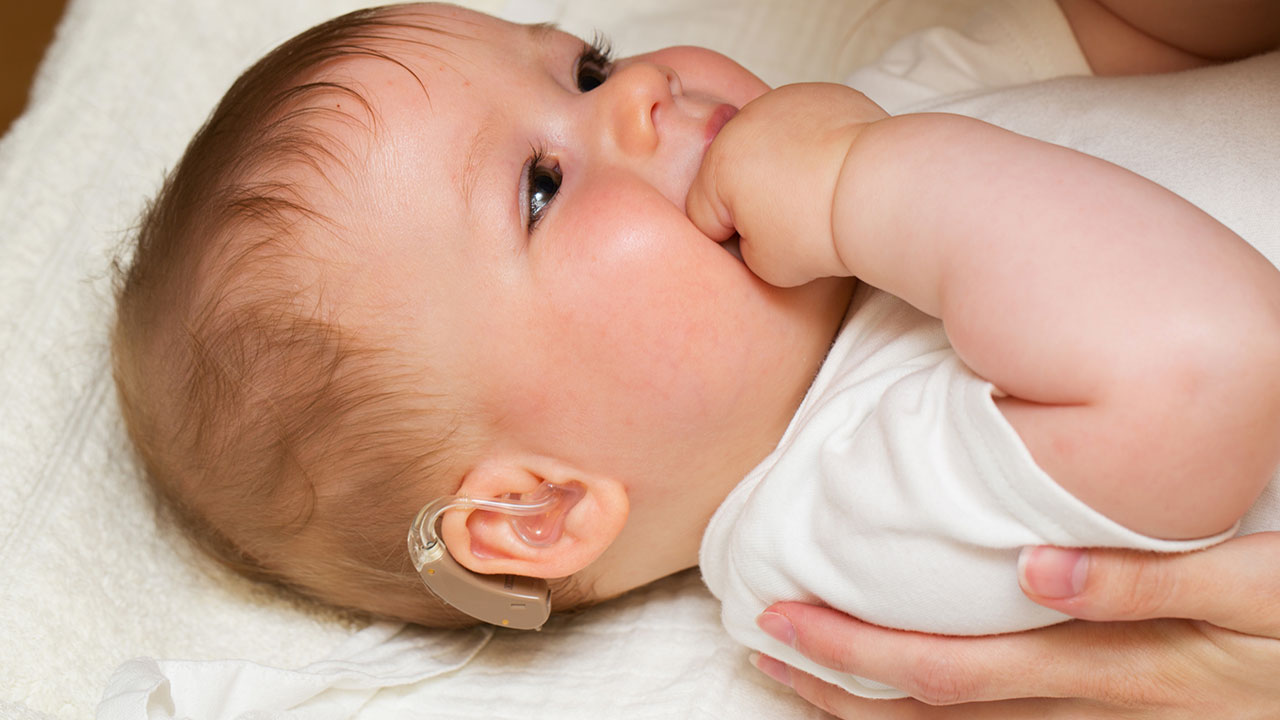
DiYES International School – Acquired Hearing Loss in Children is a condition that can occur after birth due to various factors such as illness injury or environmental exposure. Unlike congenital hearing loss which is present at birth acquired hearing loss develops later in a child’s life and often goes unnoticed in its early stages. Parents play a critical role in identifying the symptoms and taking timely action to minimize its long-term effects. This condition can affect speech development academic performance and emotional well-being if not addressed early. Understanding the common causes and signs of this condition allows caregivers to take preventative steps and seek early intervention. With proper support and awareness children with acquired hearing loss can lead full and active lives. This article explores the different aspects of the condition and provides valuable guidance for parents and guardians. Early action can help prevent further damage and improve the child’s quality of life significantly.
Acquired Hearing Loss in Children can result from various medical and environmental factors that impact the ear or auditory nerve. Ear infections especially repeated cases of otitis media are one of the most frequent causes. Prolonged exposure to loud noise such as music played through headphones or environmental sounds in industrial areas may also damage hearing. Head injuries or skull fractures can affect the inner ear and contribute to hearing difficulties. Certain medications including some antibiotics and chemotherapy drugs can be ototoxic and should be monitored closely. Children who experience high fevers from illnesses like meningitis or measles may develop hearing loss as a secondary effect. In some cases wax buildup or foreign objects in the ear can also contribute to temporary hearing issues. Knowing these causes enables parents to prevent or manage potential risks before they escalate. Regular check-ups and protective habits can help reduce the chances of children acquiring this type of hearing loss.
“Read about: Retinoblastoma in Children: A Silent Threat to Vision and Life”
Identifying the early symptoms of Acquired Hearing Loss in Children is crucial to ensure prompt diagnosis and treatment. Children may start showing signs like turning their head toward sound sources or asking others to repeat words often. Delayed speech development or a sudden decline in school performance can also be linked to hearing challenges. Some children become more withdrawn or show changes in behavior such as irritability or lack of attention. They might increase the volume on devices or avoid noisy environments where hearing becomes more difficult. Teachers may notice that a child frequently misses verbal instructions or appears confused during conversations. Parents must pay close attention to these subtle cues and seek a professional hearing evaluation if concerns arise. Addressing these signs early helps in developing an effective support plan and minimizes further developmental delays. The earlier the intervention the better the chances of helping the child succeed in communication and learning environments.
“Read more: Compatibility Checklist for Buying Garage Door Transmitters”
When Acquired Hearing Loss in Children is suspected a thorough hearing evaluation by an audiologist becomes necessary. The assessment includes physical examination of the ear followed by tests such as pure-tone audiometry and tympanometry. These tests help identify the type and degree of hearing loss. If an underlying medical issue like infection or wax buildup is found it can often be treated successfully. In some cases hearing aids or cochlear implants may be recommended depending on the severity. Speech and language therapy may also be part of the treatment plan to help the child catch up with peers. Education accommodations such as assistive listening devices or classroom modifications are useful tools in supporting learning. Early diagnosis allows for a personalized and effective treatment approach. With consistent monitoring and family involvement most children can regain or adapt to hearing effectively and continue to develop their communication skills.
Parental involvement plays a key role in supporting children who experience Acquired Hearing Loss in Children. Communication strategies at home such as speaking clearly maintaining eye contact and using visual cues can enhance understanding. Encouraging the child to express feelings about their condition helps reduce emotional stress and builds confidence. Collaboration with schools ensures that necessary accommodations are in place such as preferential seating or speech-to-text tools. Building a routine that includes regular hearing check-ups and therapy sessions improves outcomes over time. Parents should also educate themselves about hearing technology and how to use it properly. Support groups and community programs offer a network of encouragement and shared experiences. These collective efforts create a nurturing environment for the child. With strong family and community backing children with acquired hearing loss can build resilience and thrive both socially and academically.